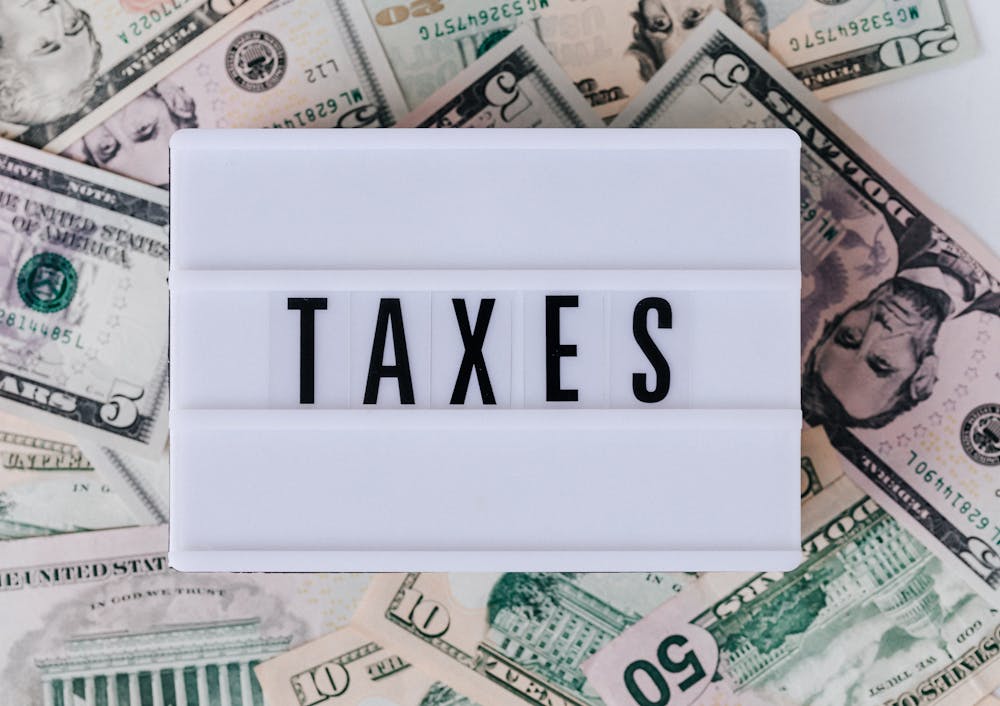Dash Cam Expenses May Qualify for Tax Deductions

Dash Cam Expenses May Qualify for Tax DeductionsHave you ever considered how a dash cam—a small device perched on your dashboard—could not only protect you but also potentially save you money on taxes? Yes, it sounds a bit counterintuitive, doesn’t it? Investing in safety might help you save financially. In the vibrant world of tax laws, where every penny counts, understanding how your dash cam expenses could qualify for tax deductions is crucial.
Why Consider Dash Cams for Tax Deductions?
First things first, let’s clarify what we mean by dash cams. These devices, which continuously record the view through a vehicle’s front windscreen, can be invaluable in the case of accidents or disputes on the road. But beyond their primary function of providing video evidence, dash cams can also play a significant role in managing financial aspects related to vehicle operation, especially for those who use their cars for business purposes.
Imagine you’re a salesperson traveling regularly to meet clients. Here, a dash cam becomes more than just a passive recorder; it’s a witness that travels headlong into every situation with you. There was once a driver, let’s call him John, who found himself falsely accused of a traffic violation. Thanks to his dash cam footage, he could unequivocally prove his innocence. This device did more than save John from a fine; it prevented points from being added to his driving record, which in turn, helped keep his insurance premiums low. In essence, the dash cam paid for itself several times over.
The Nitty-Gritty of Tax Deductions
Now, let’s dive into the specifics. If you use your vehicle for business-related activities, the costs associated with operating and maintaining it can often be deducted. This includes not just fuel, repairs, and insurance, but also the cost of a dash camera if it’s used primarily for business.
Remember, the key term here is “business use.” For your dash cam purchase and operation costs to be deductible, they must be deemed necessary for your business activities. For instance, if you’re a professional driver—a truck driver or a taxi operator—a dash cam can be crucial for documenting your routes and ensuring safety.
Documentation and Proper Record Keeping
It’s essential to keep thorough records. Just like in medicine, where meticulous documentation can be the difference between a successful diagnosis and a medical mishap, in tax filing, the accuracy of your records can significantly influence your financial health.
Consider the story of a small clinic whose diligent record-keeping allowed them to claim substantial deductions for medical equipment. This practice not only ensured compliance but also optimized their operational budget. Similarly, maintaining detailed logs of your dash cam’s use and its relevance to your business can be instrumental when claiming deductions.
How to Claim Your Deduction
When tax season arrives, you’ll want to be prepared. This means having all receipts related to the purchase and maintenance of your dash-cam. If you’re using a portion of your vehicle for personal activities, you’ll need to calculate the percentage of time the dash cam is used for business to accurately report the deductible amount.
One cannot simply rush headlong into claiming these deductions without a proper basis. A bit of caution and precision in calculation can go a long way—much like the careful approach a surgeon takes when prescribing a delicate course of treatment.
Potential Pitfalls to Avoid
However, be wary of the complexities. Tax laws are perpetually changing, and what may be deductible one year might not be the next. Therefore, staying informed through credible sources or consulting with a tax professional is advisable. After all, you wouldn’t want your attempt at a deduction to backfire, leading to audits or penalties.
Remember the anecdote about the impulsive tourist who dove headlong into a foreign city without a map? His adventure could have been richer and less chaotic had he taken the time to understand his surroundings. Similarly, diving headlong into tax deductions without a clear understanding can lead to confusion and potential financial mishaps.
Final Thoughts
Investing in a dash cam is not just about capturing scenic drives or protecting oneself from fraudulent claims—it can also be a wise financial decision under the right circumstances. By understanding and utilizing the potential tax deductions associated with dash cams, you can turn a necessary expense into a smart business decision. Always ensure you are equipped with the right information or professional advice to make the most out of every opportunity tax season brings.
So, as you mount that dash cam in your vehicle, remember that it’s not just watching the road—it’s potentially guarding your wallet too!
